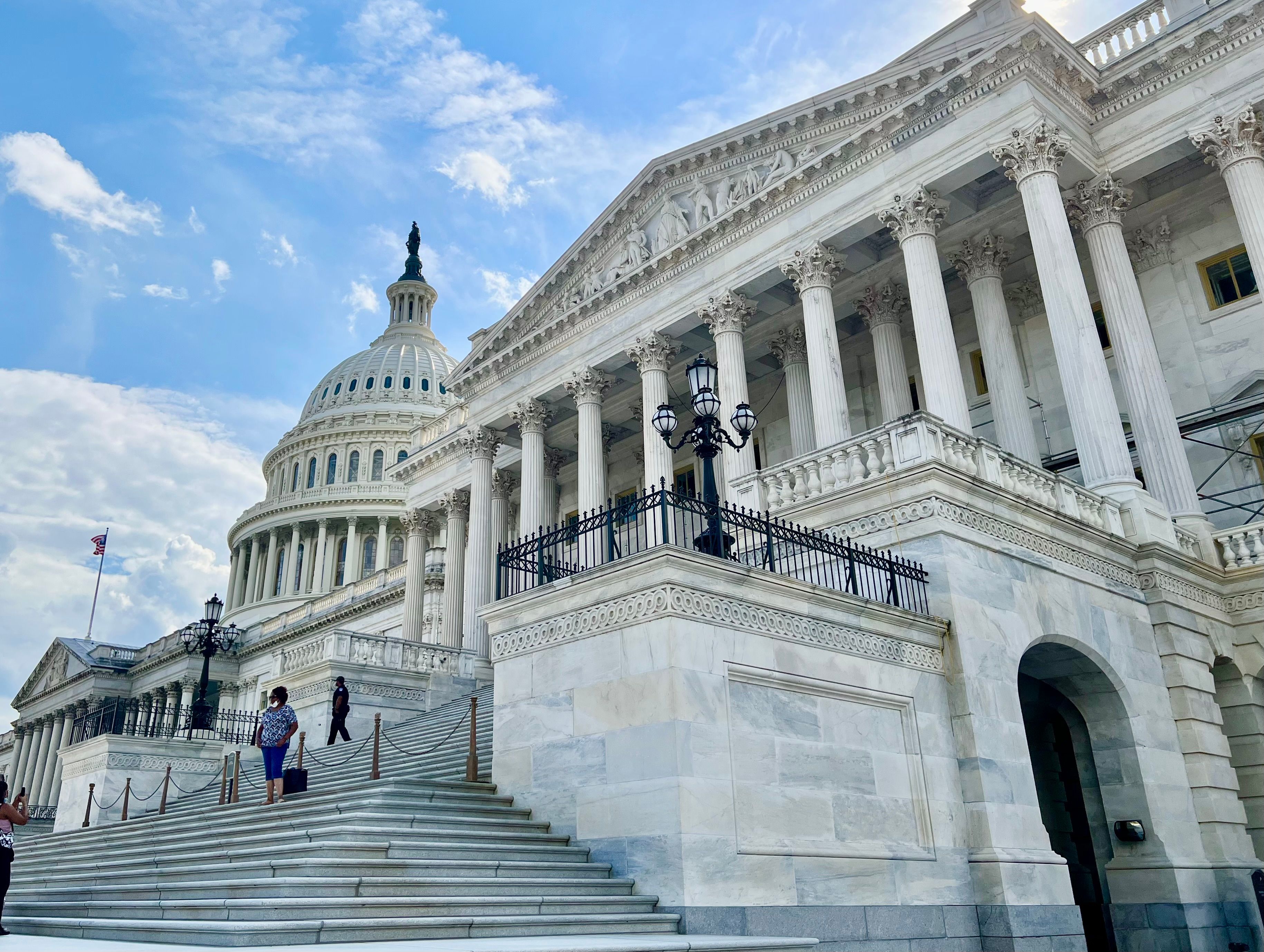Crypto’s IRS Victory: A New Era of Legislative Support | 2025

Crypto’s IRS Victory: A New Era of Legislative Support
The cryptocurrency industry, once viewed with skepticism and often labeled as a pariah, has undergone a remarkable transformation in its relationship with U.S. lawmakers. Recent developments in Congress, particularly regarding the Internal Revenue Service (IRS) rules, highlight a significant shift in support for the crypto sector. This newfound backing from both the White House and various financial agencies underscores the depth of bipartisan support for cryptocurrency legislation.
Understanding the IRS Rule Changes
Just before leaving office, former President Joe Biden’s IRS implemented a controversial rule aimed at regulating decentralized finance (DeFi) projects as brokers. This rule mandated that these entities conduct comprehensive tax reporting for their users, a move that many in the crypto community viewed as overly burdensome. However, recent votes in both the House of Representatives and the Senate have demonstrated a strong pushback against this regulation.
Utilizing the Congressional Review Act, lawmakers voted to repeal the IRS rule, achieving significant margins in both chambers. Notably, a substantial number of Democrats joined their Republican counterparts in this effort, signaling a potential shift in the legislative landscape for cryptocurrency. With over a third of Democrats supporting the repeal, advocates believe that there is a growing willingness among lawmakers to engage with crypto-related issues without the need for extensive compromises.
Implications for Future Legislation
Kristin Smith, CEO of the Blockchain Association, articulated the industry’s evolving stance, stating, “For years, we’ve been playing defense — trying to protect the industry from hostile regulators and relying on compromises that, in many cases, weakened the final legislative product.” This sentiment reflects a broader shift in strategy, as the crypto sector now seeks to advocate for more favorable legislation that aligns with its interests.
One of the most pressing legislative efforts currently underway is the regulation of U.S. stablecoin issuers. With a House version of the bill undergoing review in committee and the Senate’s version poised for potential approval by the Senate Banking Committee, the two chambers are on the brink of voting on comprehensive stablecoin legislation. This development is particularly noteworthy in an era characterized by extreme partisanship, as it represents one of the few areas where bipartisan agreement can be reached.
Stablecoins: A Step Towards Broader Regulation
The focus on stablecoins is just the beginning. As discussions progress, the crypto industry is optimistic about the potential for broader regulatory frameworks that could govern the entire landscape of digital assets. The industry’s ultimate goal is to establish a clear and comprehensive regulatory system for U.S. crypto trading and transactions, which would alleviate the legal ambiguities that have plagued the sector.
Such legislation would not only provide clarity for businesses operating in the crypto space but also eliminate the need for federal agencies to apply existing laws to a rapidly evolving industry. By creating a dedicated regulatory framework, lawmakers can ensure that the unique characteristics of cryptocurrencies and blockchain technology are adequately addressed.
Building on Previous Legislative Efforts
Lawmakers are looking to build on previous legislative initiatives, including the Financial Innovation and Technology for the 21st Century Act (FIT21), which successfully passed the House in the last session but failed to gain traction in the Senate. While a replacement effort may take time to materialize, the current momentum suggests that crypto legislation is gaining traction in Congress.
As the industry continues to advocate for its interests, it is crucial for stakeholders to remain engaged in the legislative process. The potential for a comprehensive regulatory framework is within reach, and the recent IRS victory serves as a testament to the growing influence of the crypto sector in Washington.
Conclusion: A Bright Future for Crypto Legislation
The recent developments surrounding the IRS rule and the bipartisan support for crypto legislation signal a promising future for the industry. As lawmakers work towards establishing a regulatory framework that accommodates the unique needs of the crypto sector, the potential for innovation and growth is immense. The crypto community must continue to advocate for its interests, ensuring that the legislative landscape evolves in a way that fosters a thriving digital economy.
For more in-depth analysis on this topic, visit the original article here.








